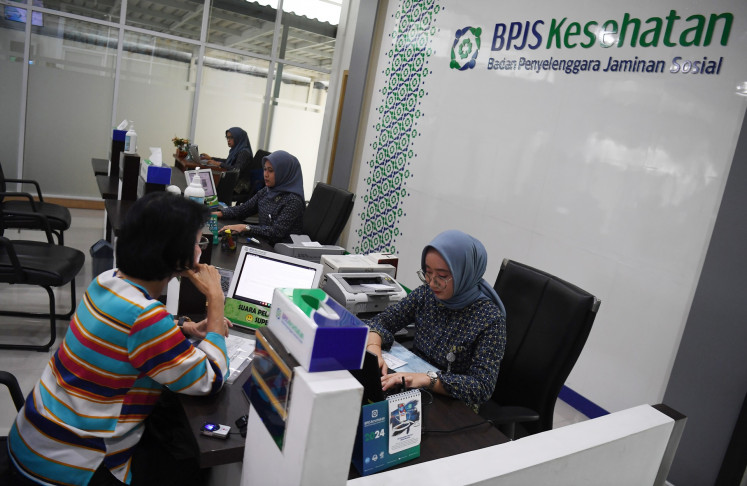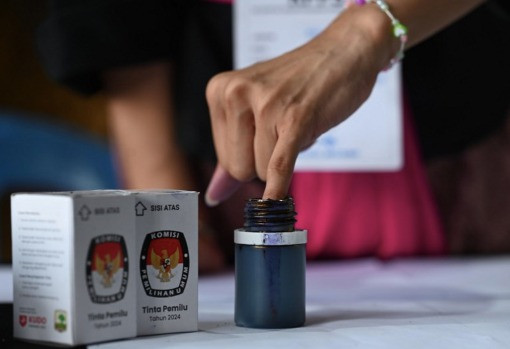Foreign exchange reserve declines against rupiah stabilization: BI
Bank Indonesia governor Agus Martowardojo has admitted that efforts to stabilize the rupiah exchange rate were one of the causes of a US$3
Change Size

B
ank Indonesia governor Agus Martowardojo has admitted that efforts to stabilize the rupiah exchange rate were one of the causes of a US$3.9 billion decline in the country's foreign exchange reserve in March.
'Indonesia's foreign exchange reserve declined as the government had to pay its foreign debts that had entered their due date and to help stabilize the rupiah,' he said as quoted by Antara in Jakarta on Friday.
Agus said the government had been obliged to enact the measures as the US Federal Reserve (Fed) had not yet increased its fund rate and this had made the fluctuation of the rupiah against the US dollar better in the last several weeks better than in previous periods.
This could be seen, he went on, from the average rupiah depreciation against the US dollar starting from the beginning of January through April: at one point reaching 6 percent, it currently stood within a range of 4 percent and was still strengthening.
'This shows a condition that is much more stable because pressure from the developments in the US and European countries are not like what have been predicted,' said Agus.
At the end of March, Indonesia's foreign exchange reserve was recorded to have declined by $3.9 billion or around Rp 50.7 trillion (with a rate of Rp 13,000 per dollar), to $111.6 billion from $115.5 billion in February.
Although declining, Indonesia's foreign exchange reserve as of the end of March was enough to pay 6.9 months of imports or to finance 6.6 months of imports on top of the government's foreign debt payments. The current foreign exchange reserve is above the international adequacy standard of around three months of imports.
'BI considers that the current foreign exchange reserve can support external sector resiliency and maintain the sustainability of Indonesia's economic growth in the future,' said the central bank's communication director Tirta Segara in Jakarta on Wednesday. (ebf)









